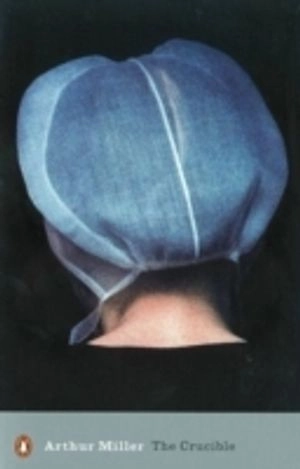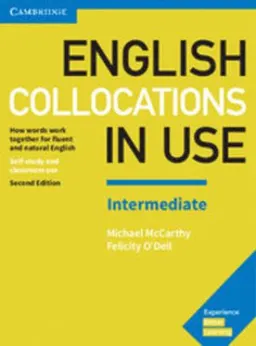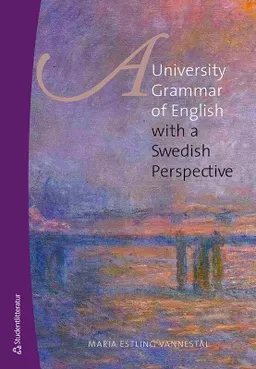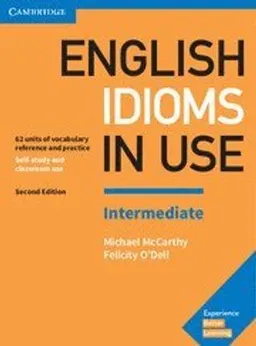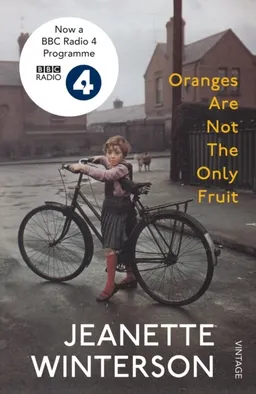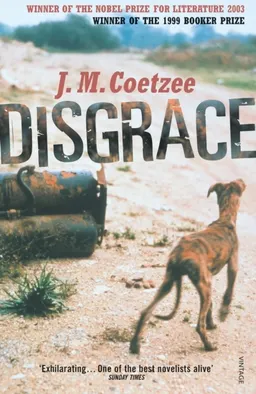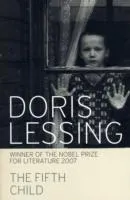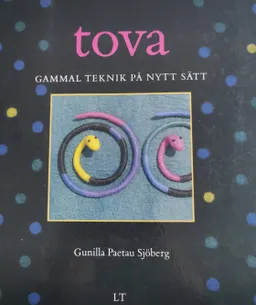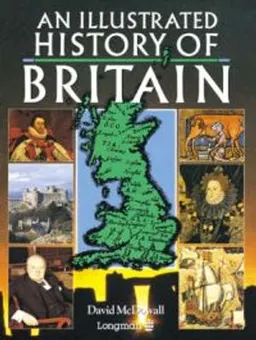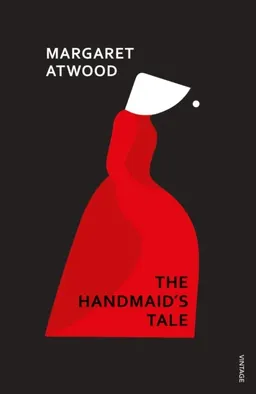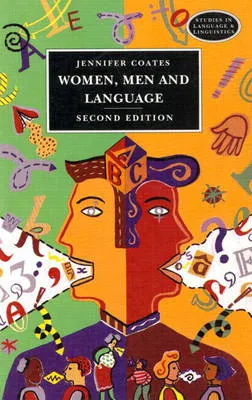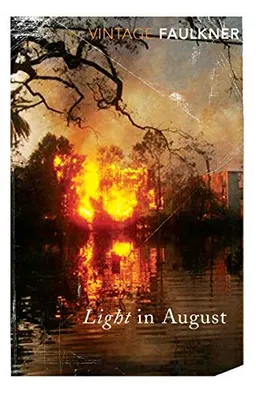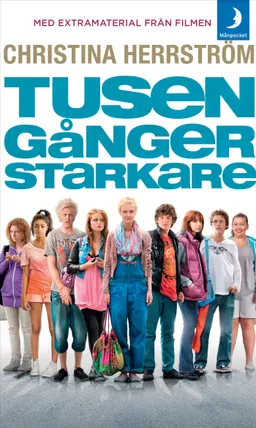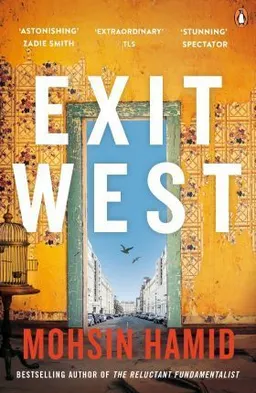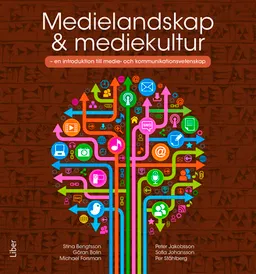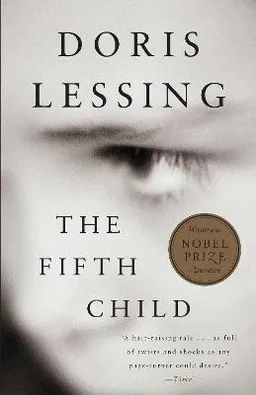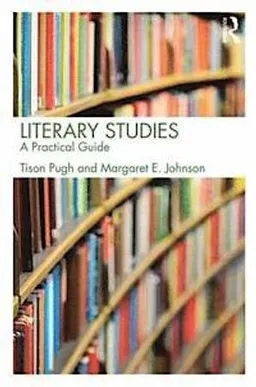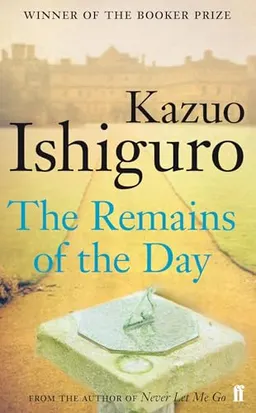Arthur Miller's depiction of innocent men and women destroyed by malicious rumour, The Crucible is a powerful indictment of McCarthyism and the 'frontier mentality' of Cold War America, published in Penguin Modern Classics. Arthur Miller's classic parable of mass hysteria draws a chilling parallel between the Salem witch-hunt of 1692 - 'one of the strangest and most awful chapters in human history' - and the American anti-communist purges led by Senator McCarthy in the 1950s. The story of how the small community of Salem is stirred into madness by superstition, paranoia and malice, culminating in a violent climax, is a savage attack on the evils of mindless persecution and the terrifying power of false accusations. Arthur Miller (1915-2005), American dramatist, was born in New York City. In 1938 Miller won awards for his comedy The Grass Still Grows. His major achievement was Death of a Salesman, which won the 1949 Pulitzer Prize for drama and the 1949 New York Drama Critics' Circle Award. The Crucible was aimed at the widespread congressional investigation of subversive activities in the US; the drama won the 1953 Tony Award. Miller's autobiography, Timebends: A Life was published in 1987. If you enjoyed The Crucible, you might like Miller's Death of a Salesman, also available in Penguin Modern Classics. 'One of a handful of great plays that will both survive the twentieth century and bear witness to it'John Peter, Sunday Times
Åtkomstkoder och digitalt tilläggsmaterial garanteras inte med begagnade böcker
